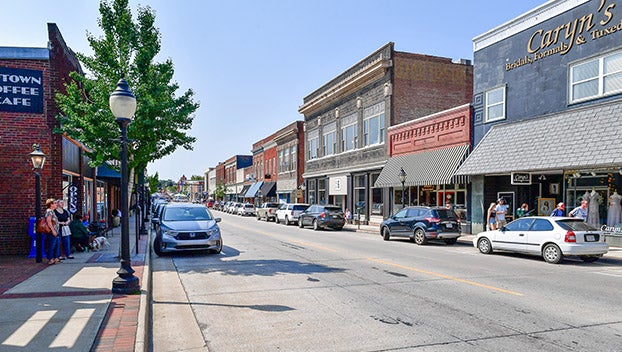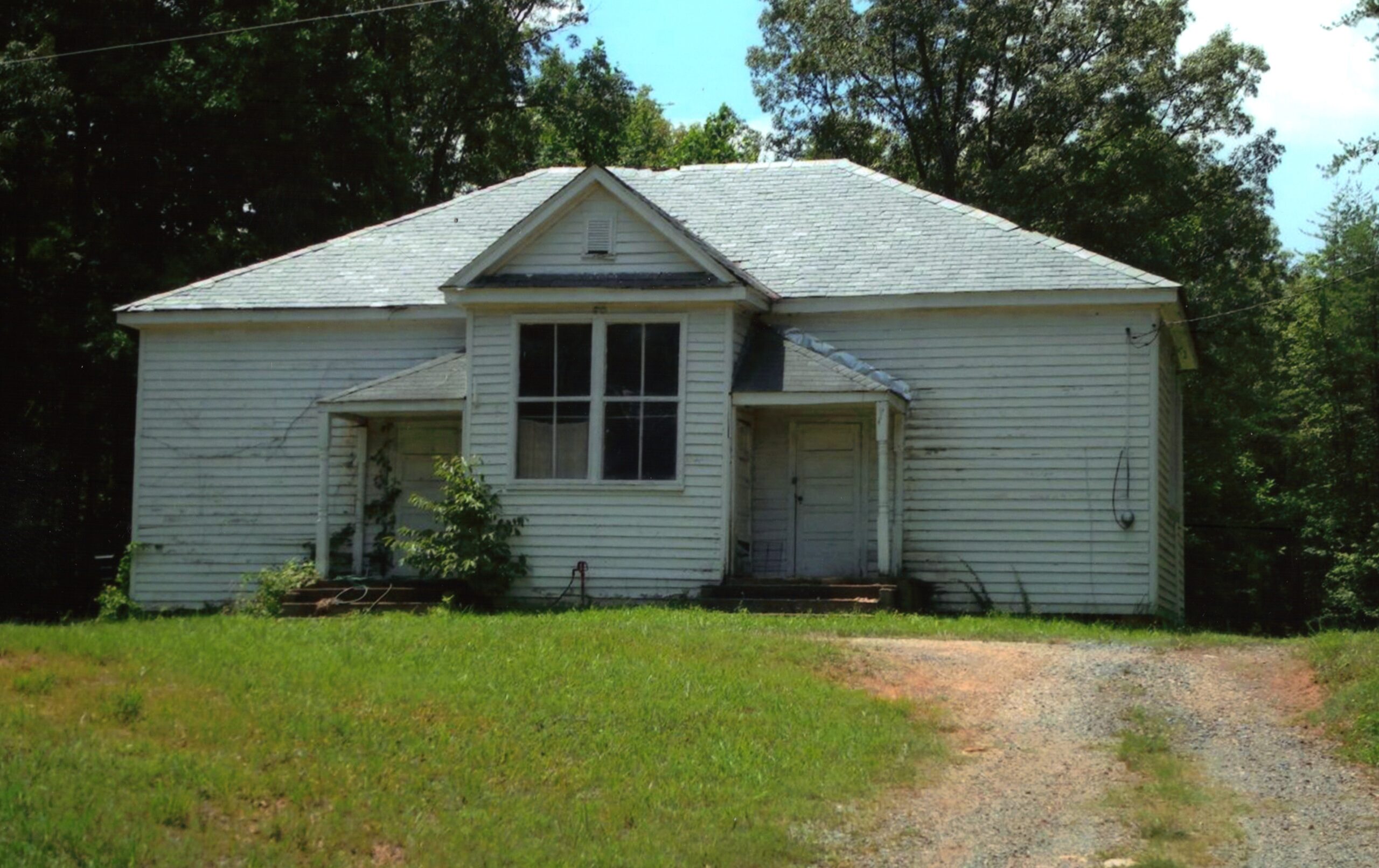Fence ordinance changes
Published 1:41 pm Thursday, September 14, 2017
By a unanimous vote Tuesday, members of the Prince Edward County Board of Supervisors amended a fence ordinance applying to livestock owners which stipulates in the event their animal strays upon a highway, public property or private premises of someone else’s property, they could be faced with a civil penalty with a fine of up to $250.
The amendment came to the county’s 2005 fence ordinance — now calling for a civil penalty rather than a criminal one — which cites that it is unlawful for any owner or manager of any domesticated livestock “to permit such livestock, as to which the boundaries of lots or tracts of land have been constituted a legal fence, to run at large beyond the limits of his own land within the county.”
The ordinance also cited that anyone in violation of the law “shall be guilty of a Class 4 misdemeanor.”
Trending
A Class 4 misdemeanor is punishable by a fine up to $250.
Prince Edward County Attorney Jim Ennis said violation of the ordinance would carry the $250 fine, which would be at the discretion of the judge.
He said it was at the discretion of county animal control officers as to whether or not to write a ticket in regards to someone being in violation of the ordinance.
“(The) more times an officer pulls somebody for speeding the less inclined they are to give a warning and the same is true if there are repeated violations of the fence ordinance,” Ennis said.
The 2005 ordinance was believed to be changed in 2007 to include language that cited someone as being guilty of violating the ordinance following notice from law enforcement if the animal continued to be permitted to run free.
According to a memo from County Administrator Wade Bartlett in the Tuesday meeting board packet, requirements in the Code of Virginia for advertising and public notice for the 2007 ordinance were not met, meaning the ordinance had not been legally adopted.
Trending
“The county attorney has determined that because the amendments to the county fence ordinance were not properly advertised, the amendments are void, and the county fence ordinance adopted Dec. 13, 2005, which was properly noticed, is still in effect,” Bartlett said in the memorandum.
The 2007 ordinance was ruled to be unenforceable by a county judge, which is what led to the decision to change the ordinance.
The unanimous vote Tuesday followed a packed August meeting where supervisors voted to allow farmers from the county to assist in the process of amending the ordinance.
Ennis spoke during the meeting about possible outcomes he and a group of farmers discussed.
“The strict liability was not favored by the group I met with,” Ennis said regarding the proposed ordinance discussed during the August meeting.
That proposed ordinance cited “it shall be unlawful for any person to allow or permit any livestock” to stray upon any highway or public property or private premises of another and that “all livestock or poultry or other fowl shall be sufficiently confined or fenced by the owner or person exercising control over the same so as to prevent them from trespassing or straying.”
“The third option was not favored by the group that I met with, and there was an extensive discussion concerning the second option with some sort of a warning required by law enforcement or an animal control officer and the possibility of some passage of time that the livestock owner would be allowed to retrieve his livestock before any liability attached to the ordinance,” Ennis said. “The problem with that scenario was what’s a reasonable amount of time under any given set of circumstances, if there’s snow on the ground outside, if it’s dark at night and you’re trying to find a Black Angus cow at night, should it be limited to daylight hours? There are all kind of different exceptions that come into play.”
Ennis said the 2005 ordinance has been in effect for 12 years.
“I’m not aware that there may have been more than 20 tickets written over a 12-year period under the current ordinance,” Ennis said.
“I think that Section 10-11, Paragraph B for the individual ‘permits livestock to run at large beyond limits of its own land in the county,’ that means I’m at home and I know my cow’s been out, I haven’t bothered to fix the fence and then I deserve to be penalized,” said Board Chairman and Lockett District Supervisor Robert M. “Bobby” Jones.
Ennis said the word “permit” keeps the ordinance from being a “strict liability situation.”







